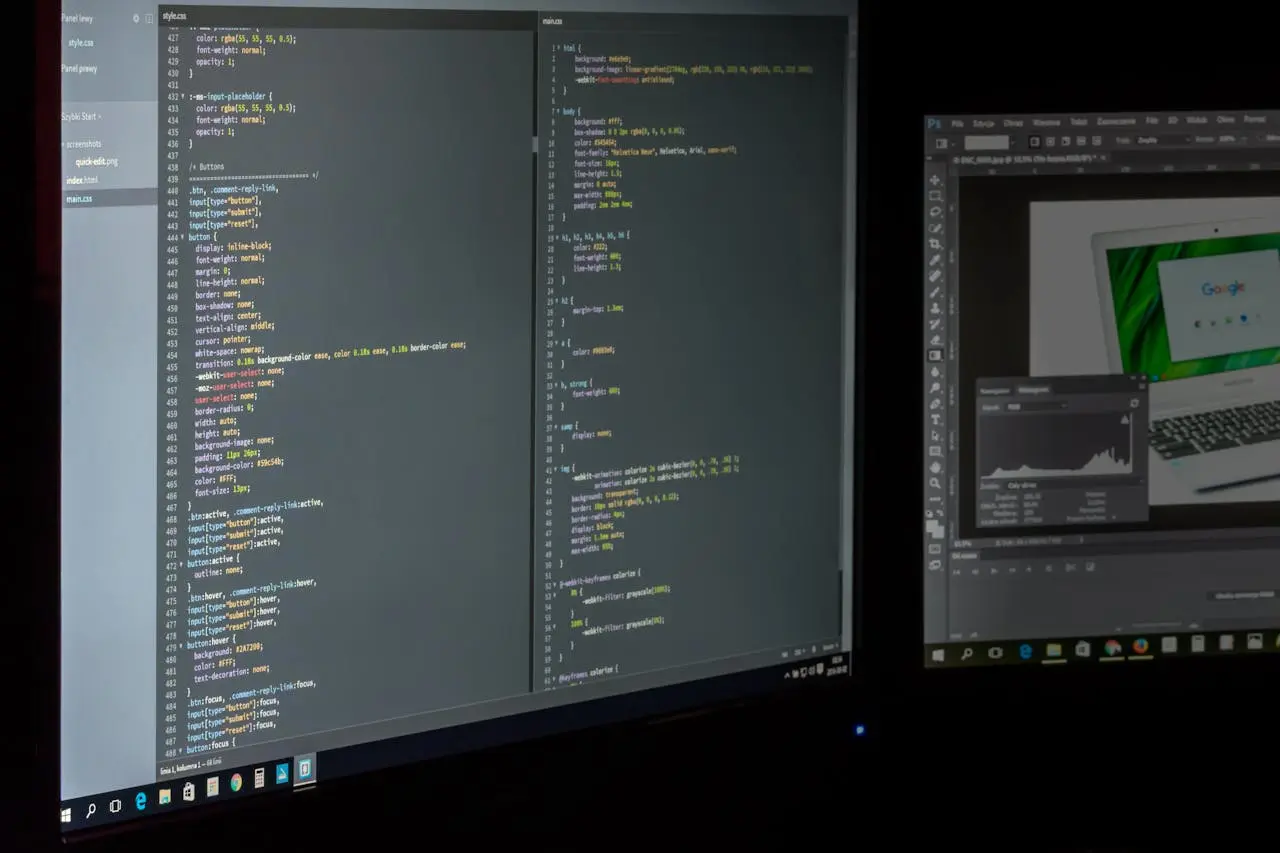Introduction
In the previous units, we have discussed the instruction set, addressing modes, and other tools, which are needed to develop assembly language programs. We shall now use this knowledge in developing more advanced tools. We have divided this unit broadly into four sections. In the first section, we discuss the design of some simple data structures using the basic data types. Once the programs become lengthier, it is advisable to divide them into small modules, which can be easily written, tested and debugged. This leads to the concept of modular programming, and that is the topic of our second section in this unit. In the third section, we will discuss some techniques to interface assembly language programs to high level languages. We have explained the concepts using C and C ++ as they are two of the most popular high-level languages.
In the fourth section we have designed some tools necessary for interfacing the microprocessor with external hardware modules.
Objectives
After going through this unit, you should be able to:
- implement simple data structures in assemblanguage;
- write modular programs in assembly language;
- interface assembly program to high level language program; and
- analyse simple interrupt routines





John Doe
5 min agoLorem ipsum dolor sit amet, consectetur adipisicing elit, sed do eiusmod tempor incididunt ut labore et dolore magna aliqua. Ut enim ad minim veniam, quis nostrud exercitation ullamco laboris nisi ut aliquip ex ea commodo consequat.
ReplyJohn Doe
5 min agoLorem ipsum dolor sit amet, consectetur adipisicing elit, sed do eiusmod tempor incididunt ut labore et dolore magna aliqua. Ut enim ad minim veniam, quis nostrud exercitation ullamco laboris nisi ut aliquip ex ea commodo consequat.
Reply